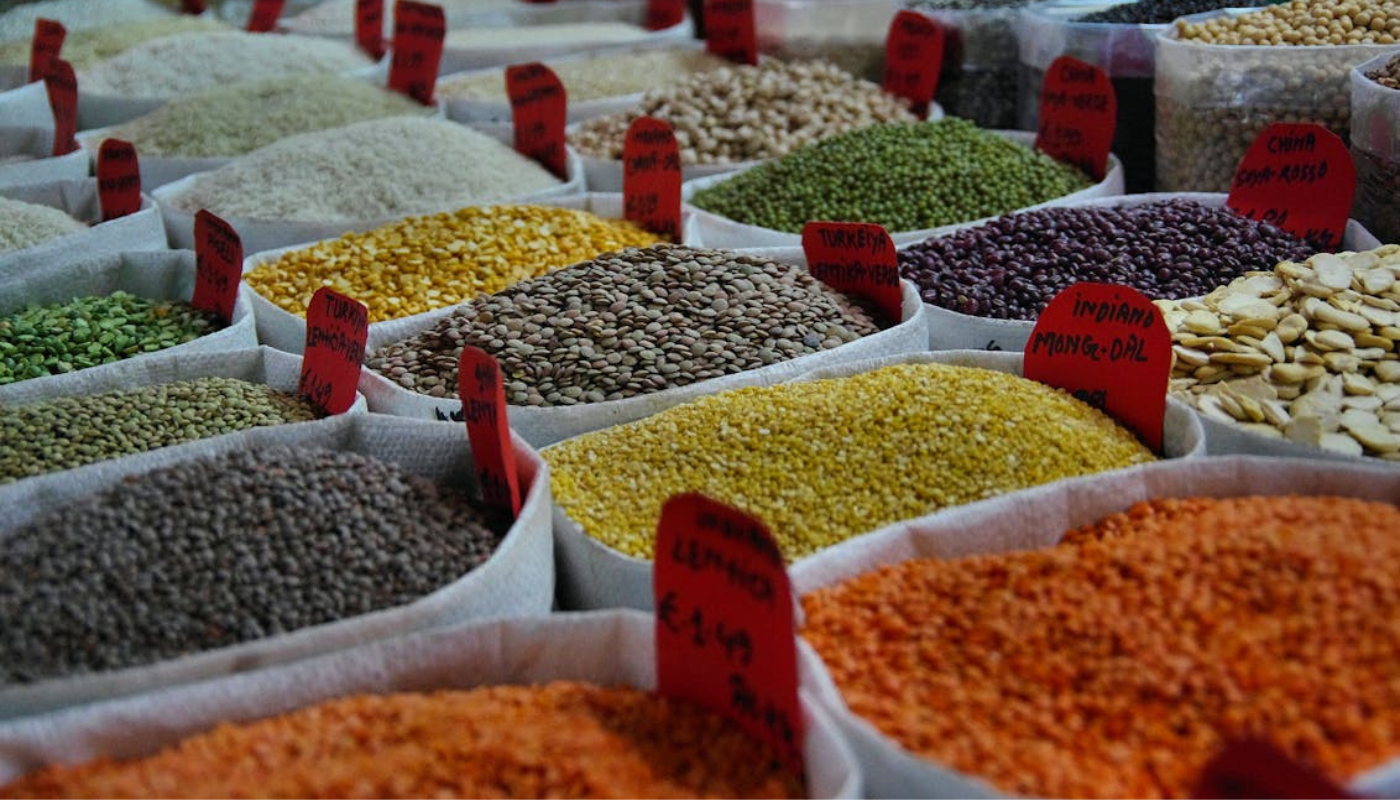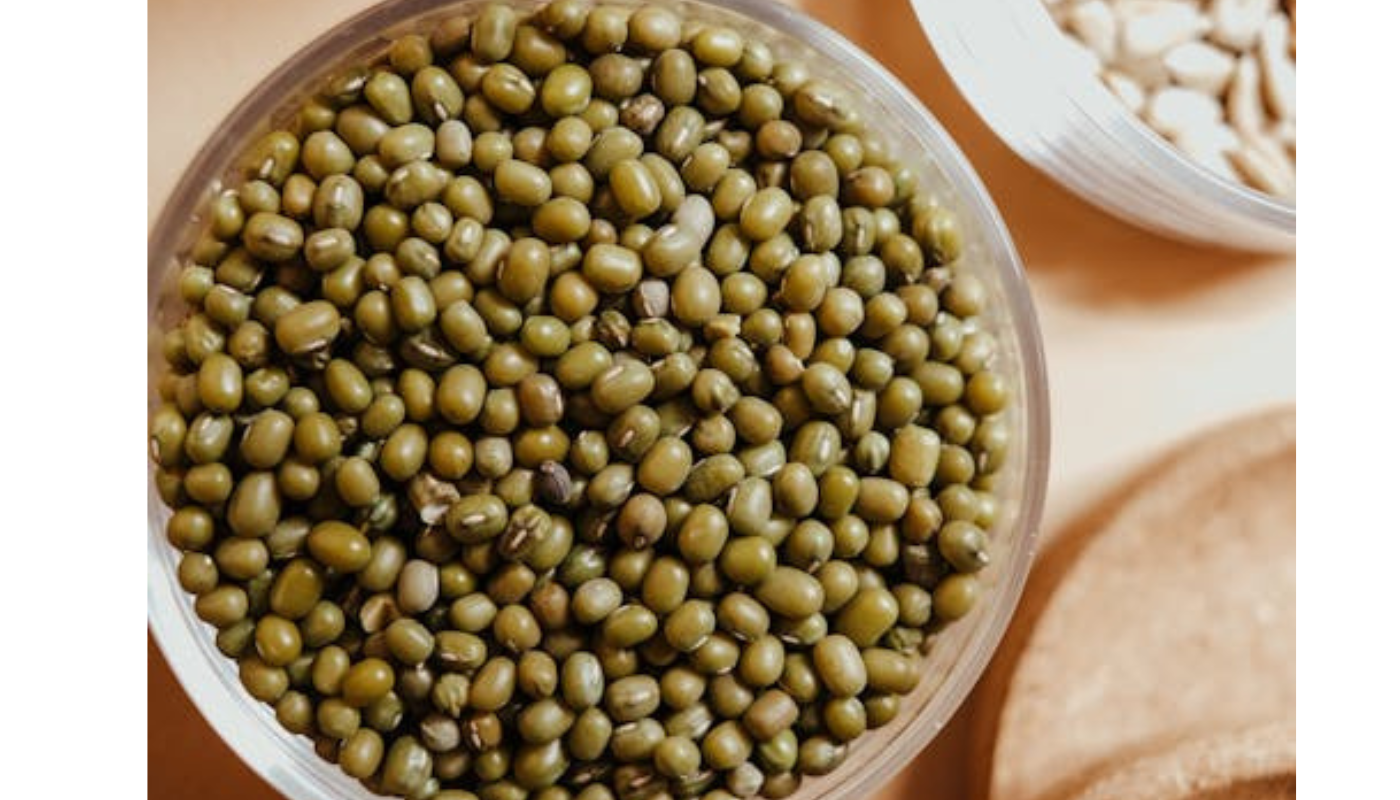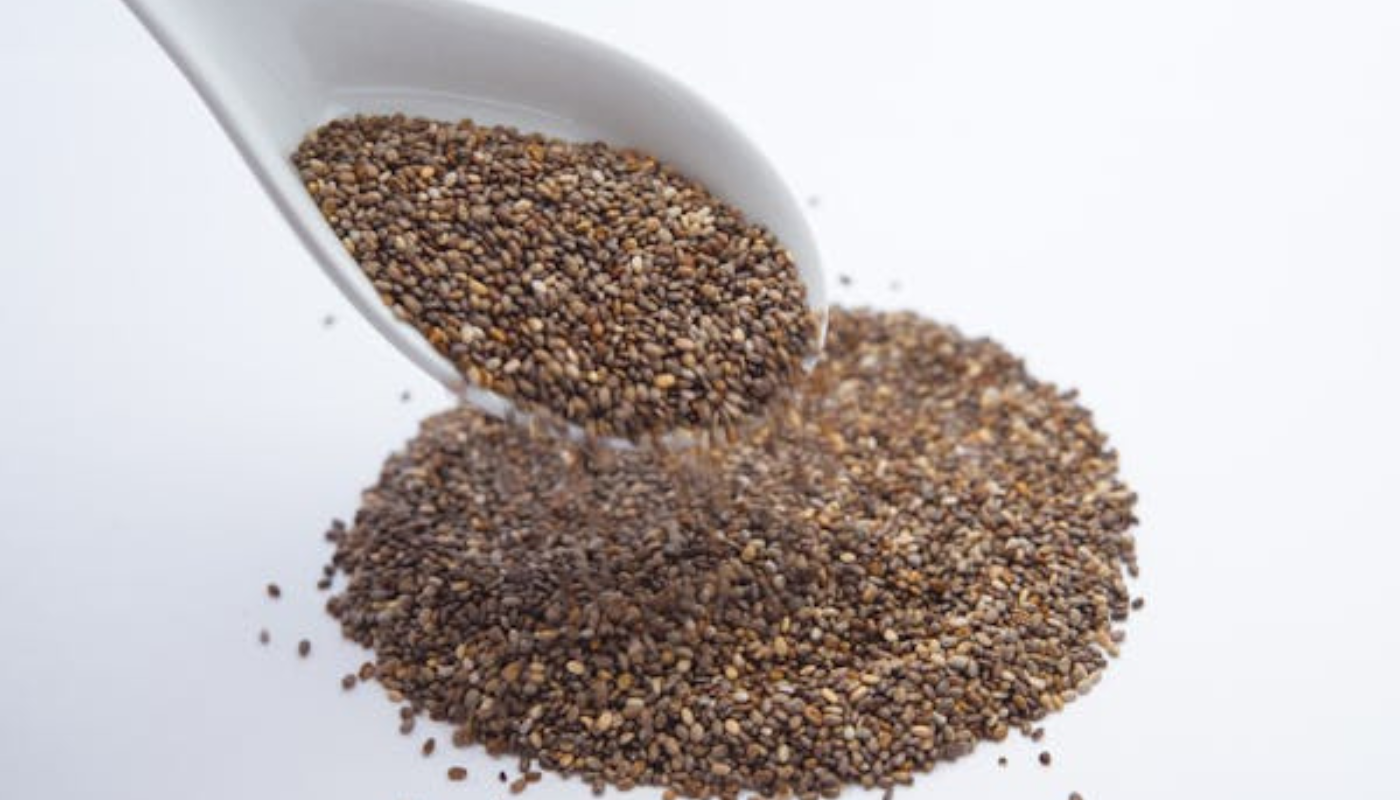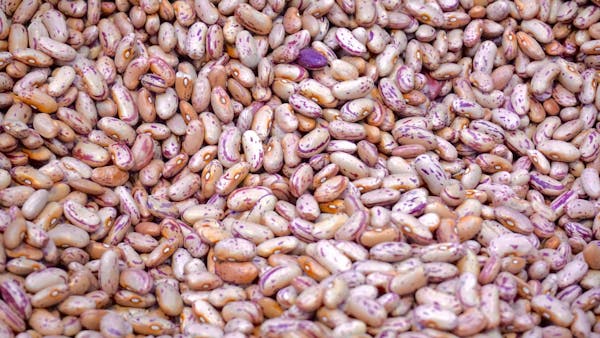Blogs
What plant-based foods are high in protein?
Are you ready to explore the exciting world of plant-based protein? As more and more people embrace a vegan or vegetarian lifestyle, the demand for information on high-protein plant foods is on the rise. In this article, we will delve into the diverse and delicious options available for those looking to boost their protein intake without relying on animal products. From nutrient-packed legumes like chickpeas and lentils to versatile tofu and tempeh, there’s a whole universe of plant-based proteins waiting to be discovered. So, if you’re curious about what plant-based foods are high in protein and how they can power up your meals, let’s dive in and uncover the secrets of this green powerhouse!

A stall selling cereal
Exploring plant-based protein sources
Plant-based protein sources have become more popular in recent years. More people embrace vegetarian and vegan diets for health, environmental, and ethical reasons. It is fascinating to explore the many plant-based proteins. They offer nutrition similar to that of animal sources. The options range from legumes, such as chickpeas and lentils. They also include grains, such as quinoa and buckwheat. They offer many choices for those who want more protein while eating a plant-based diet.
Exploring plant-based protein sources is fun. You can find clever ways to add these ingredients to tasty meals. Plant proteins are versatile. They also pack a powerful nutritional punch. They provide essential amino acids, fiber, vitamins, and minerals. You may be seeking to build muscle or add more plant-based foods to your diet. There are many innovative recipes and products on the market. They show the potential of these alternative proteins.
As we explore plant-based proteins, it becomes clear that they offer food. They also offer sustainability. Shifting to plant-based diets helps both personal health and the environment. Embracing the variety and richness of plant-based proteins opens up many culinary possibilities. It also helps health. It’s an exciting journey for anyone seeking a healthier lifestyle.
Benefits of plant-based proteins
Plant-based proteins offer many benefits compared to animal sources. They are low in saturated fats and cholesterol. They also have many crucial nutrients. These include fiber, vitamins, and minerals. They support health. Also, plant proteins can help reduce the risk of chronic diseases. These include heart disease, diabetes, and some cancers. This is due to their anti-inflammatory and high antioxidant content.
Also, adding plant-based proteins to your diet can help with weight management. They keep you full because they have a lot of fiber. Many plant-based proteins are easy to digest. They are also gentle on the stomach. This makes them a great option for people with dietary issues or health conditions. Eating a variety of plant-based proteins is good for both health and the environment. It reduces the carbon footprint of meat production.
Related: Benefits of Plant-Based Foods
Legumes: beans, lentils, chickpeas

chickpeas
Legumes, such as beans, lentils, and chickpeas, are powerful sources of plant-based protein. They offer many health benefits. These humble legumes pack a punch. They provide essential amino acids. This makes them an excellent choice for vegetarians and vegans who need protein. Legumes are rich in protein. They are also full of fiber, antioxidants, vitamins, and minerals. These nutrients contribute to overall well-being.
What sets legumes apart is their versatility in the culinary world. You can add these legumes to many dishes. The dishes can suit different tastes and preferences. They range from hearty bean stews to creamy hummus dips and flavorful lentil curries. Chickpeas are also famous for being in popular dishes. These include falafel and chickpea salads. It shows their power to boost the flavor of any meal. They also provide a lot of plant-based protein. So, next time you want a tasty and healthy meal, consider adding beans, lentils, or chickpeas to your diet. They’re nutritious and satisfying. They will give you an extra dose of protein.
Nuts and seeds: almonds, chia seeds

chia seeds
Nuts and seeds are full of nutrition. They offer many health benefits beyond protein. Almonds are a good example. They are rich in healthy fats. These fats promote heart health and can help lower cholesterol levels. They also provide important vitamins and minerals. These include vitamin E and magnesium. They make nuts a great addition to any diet.
Chia seeds have lots of fiber. It helps with digestion and makes you feel full. Despite their tiny size, they pack a punch when it comes to protein as well. Chia seeds contain all nine essential amino acids. The body needs them to build proteins. This makes chia seeds a complete protein source from plants. They are worth adding to your meals. You can sprinkle them on top of yogurt or add them to smoothies. These seeds are versatile and offer an easy way to boost your protein intake. They also have many nutritional benefits.
Grains: quinoa, buckwheat, amaranth

buckwheat
Plant-based sources of protein include grains like quinoa, buckwheat, and amaranth. They stand out for their nutrition and versatility in the kitchen. Quinoa is a complete protein. It has all nine essential amino acids. It is a staple in many vegetarian and vegan diets. Its nutty flavor and fluffy texture make it a great addition to salads, soups, or even breakfast bowls.
Buckwheat, despite its name, is actually gluten-free and rich in high-quality protein. It offers a unique, earthy taste that pairs well with both savory and sweet dishes. Amaranth is another ancient grain. It packs a protein punch. It also has key nutrients, such as iron and magnesium. Its peppery flavor makes it interesting. It’s an alternative to rice or couscous in many recipes. Eating these healthy grains can help you meet your daily protein needs. They also have great flavors and textures.
Soy products: tofu, tempeh, edamame

tofu
Soy products, such as tofu, tempeh, and edamame, offer plenty of plant-based protein. It is not only nutritious but also versatile in cooking. People make tofu from soybean curds. It has a mild flavor and can absorb the taste of marinades or seasonings. This makes it a great addition to stir-fries or salads. Tempeh is a fermented soy product. It has a nutty flavor and a chewy texture. These traits give it a richer taste in dishes like sandwiches or grain bowls.
Edamame are young soybeans in their pods. They are not only tasty as a snack, but also have a lot of protein. This makes them great for boosting your daily intake. These soy products are high in quality protein. They also have iron, calcium, and fiber. Adding tofu to breakfast scrambles. Or, using tempeh as a meat substitute in tacos. These steps can bring new flavors and textures to your meals. They also let you get the health benefits of these plant-based proteins.
In conclusion, exploring soy products can open up new culinary possibilities. They are for those looking to get more protein from plants. Tofu is soft and versatile. Tempeh is rich and complex. Edamame is crunchy. Adding these soy products to your diet can help meet your nutritional needs. They will also add variety and excitement to your meals.
Conclusion: Plant-based foods offer ample protein sources.

plant-based meal
The idea that plant-based diets lack protein is fading. More research shows that many options are available. Legumes, such as chickpeas, lentils, and black beans, are protein-rich. They also provide fiber and essential nutrients. Furthermore, whole grains like quinoa and bulgur offer a significant amount of protein. They help with a balanced plant-based diet.
Adding nuts and seeds to your meals can increase your protein intake. They also provide healthy fats and micronutrients. You can use many options, such as chia seeds, hemp hearts, almonds, and pumpkin seeds. Add them to different dishes to improve flavor and texture. Eating many plant-based foods ensures you get all the essential amino acids. You need them for good health. You don’t need to rely on animal products for protein.

